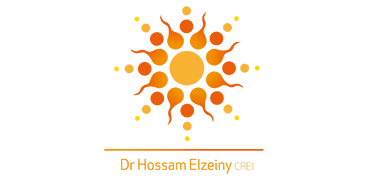Ovulation Induction
Ovulation is the process by which a mature egg is produced and released from the ovary to be fertilised by a sperm. In response, the uterus (womb) lining thickens and prepares for the implantation of the fertilised egg. Ovulation is controlled by hormones. However, low hormonal levels may lead to problems with conception. Ovulation induction is hormone therapy that stimulates your ovaries to release eggs.
Indications
Ovulation induction is used to stimulate egg development and release in women who cannot ovulate. The goal is to produce multiple eggs in a single cycle to increase the chance of conception. It is usually ordered in conjunction with other assisted reproductive techniques like intrauterine inseminations (IUI, injection of high quality sperm directly into the womb for fertilisation).
Preparing for the procedure
Prior to ovulation induction, your ovulation cycle is confirmed by measuring your blood hormone levels. A vaginal ultrasound scan (imaging technique using sound waves) is performed to view the development of follicles in the ovary, and appearance and thickness of the lining of the womb.
Procedure
Ovulation is induced by fertility drugs. The ovulation induction cycle includes the following steps:
- On day 1 of the menstrual cycle, you will visit the clinic for a blood test.
- On day 4, you will inject medication subcutaneously for ovulation induction.
- On day 10 or 11 of the menstrual cycle, you will be have another blood test to check your hormonal levels.
- On day 14 of the menstrual cycle, an ultrasound scan will be ordered to ascertainif you are about to ovulate. However, if your menstrual cycle is irregular, you may not ovulate on day 14, and would need to continue with the medication until you do so.
Risks and complications
The most common complications associated with ovulation induction are the development of ovarian cysts and multiple births. The procedure may sometimes lead to the over stimulation of the ovaries (ovarian hyperstimulation syndrome), which may cause severe pain in the chest, abdomen and pelvis, weight gain, nausea and difficulty in breathing.
Ovulation induction controls the time of egg release so you can accurately schedule sexual intercourse and other assisted procedures such as IUI and IVF (fusion of egg and sperm in the lab) to increase your chances of pregnancy.








